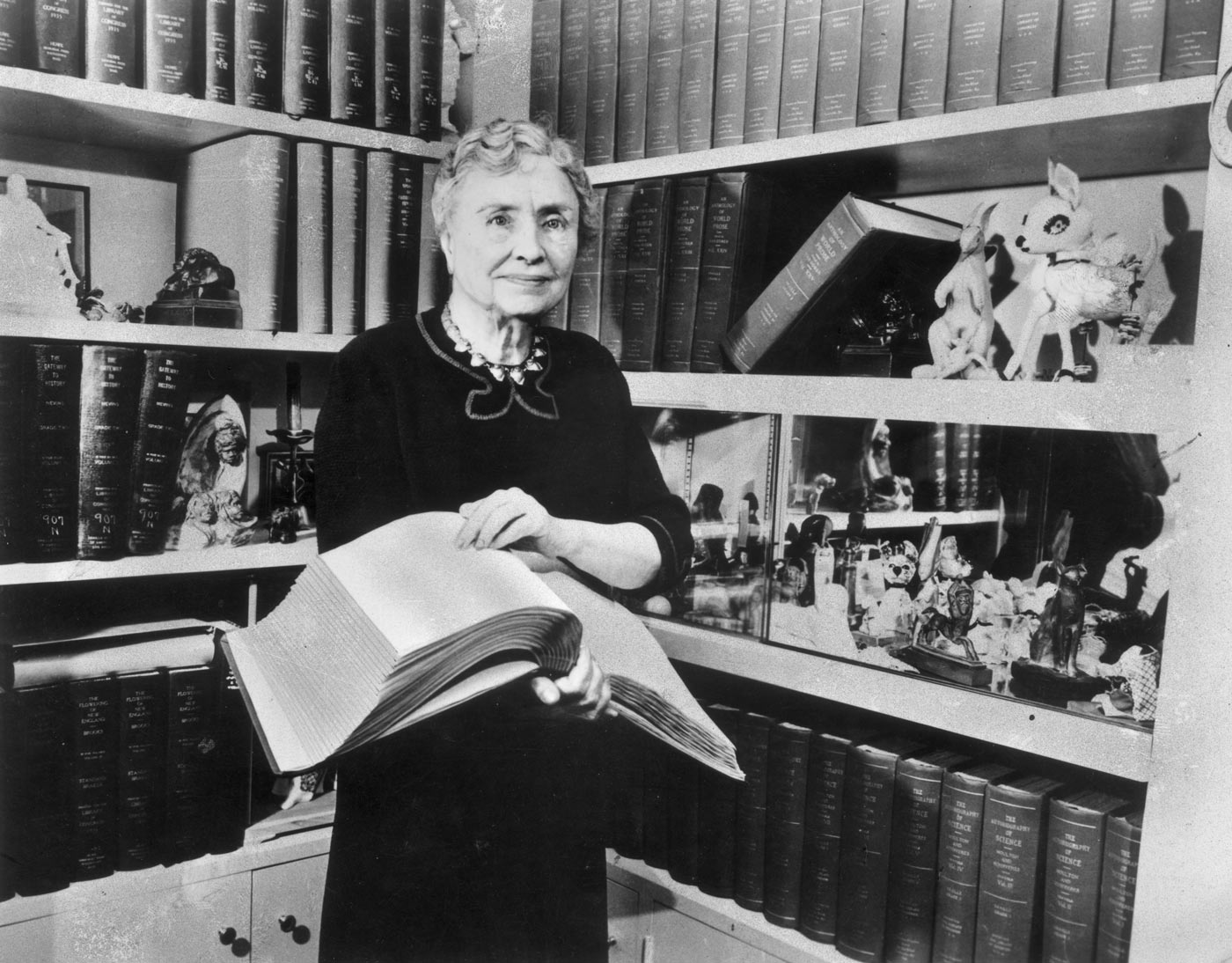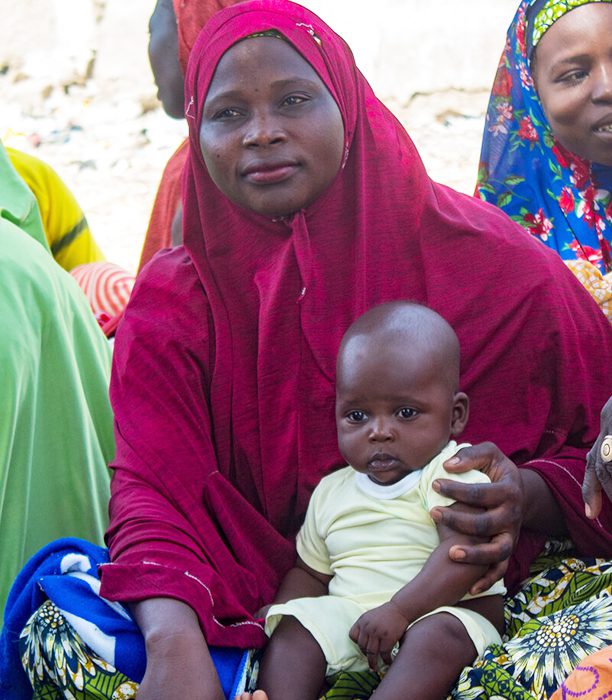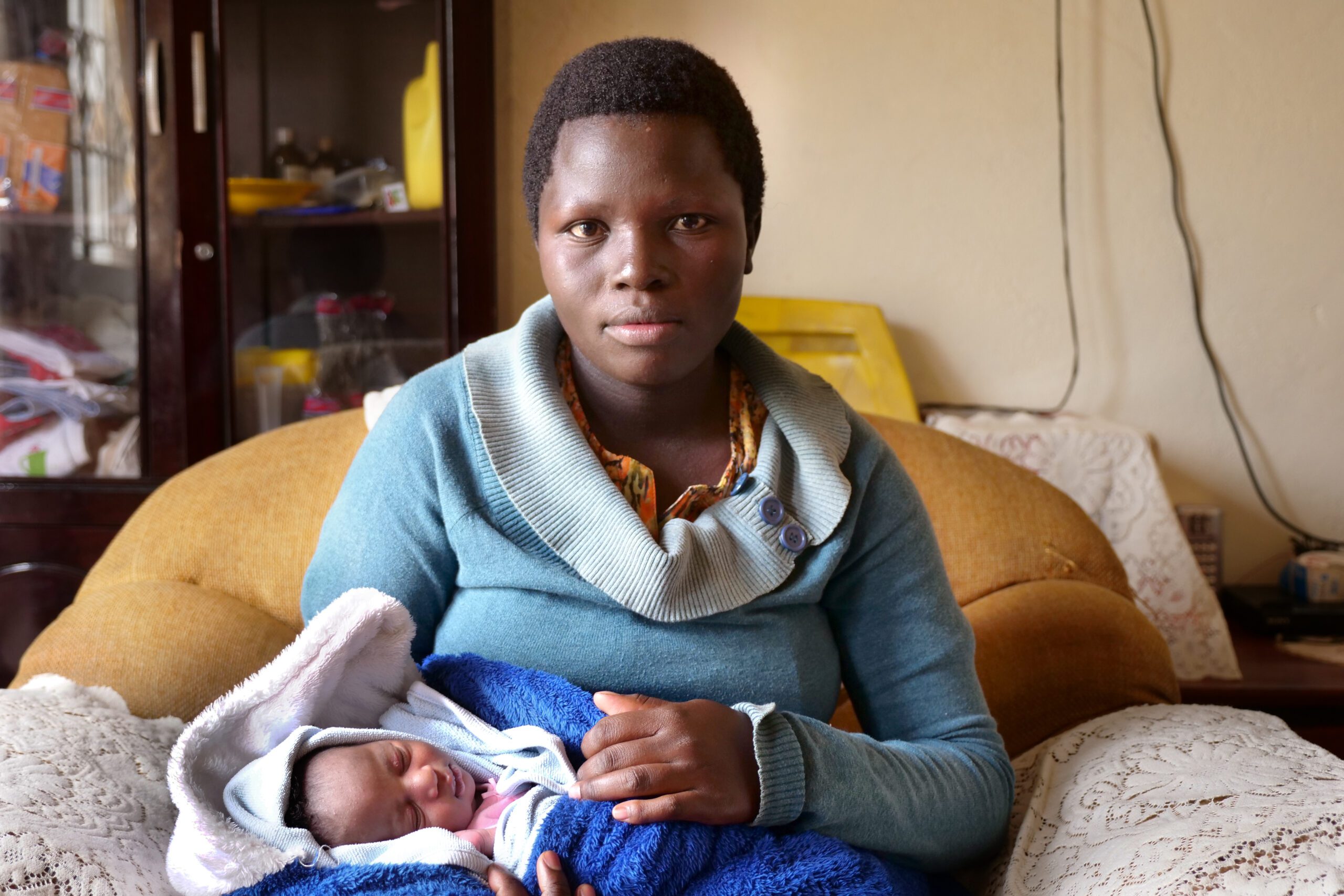
Better maternity care means healthier babies and happier mothers
At 7pm on the evening of July 20, sixteen year-old Hildah went to the Kitale County Referral Hospital in western Kenya complaining of abdominal pain. By 9pm, she was a new mother.
Hildah’s labor was short but difficult. “I was in a lot of pain, and I was afraid,” she said. Her baby was in a dangerous breech presentation, positioned to go through the birth canal bottom, rather than head, first.
Hildah needed an episiotomy to safely deliver the baby. She was scared of being “cut,” but her nurse, Floridah Otoli, talked her through the reasons for it. Nurse Otoli reassured Hildah that she and her baby would be fine. And they were. Two days later, at home with her new daughter sleeping peacefully in her arms, Hildah was as sore as could be expected, but also very grateful.
“At the hospital I received good maternity care,” she said. “If I had not gone there, things could have gone really badly. The pain would have been worse, and I could have died.”
Increasing health workers’ ability to provide quality maternity care
Through the System Enhancement for Transformative Health (SETH) project, health workers at Kitale County Referral Hospital receive on-the-job training, mentorship, and education. This increases their capacity to deliver quality maternity care as well as neonatal and child health care services. Nurse Otoli is one of the staff members who has participated in the program. She now passes the benefits along to clients like Hildah.
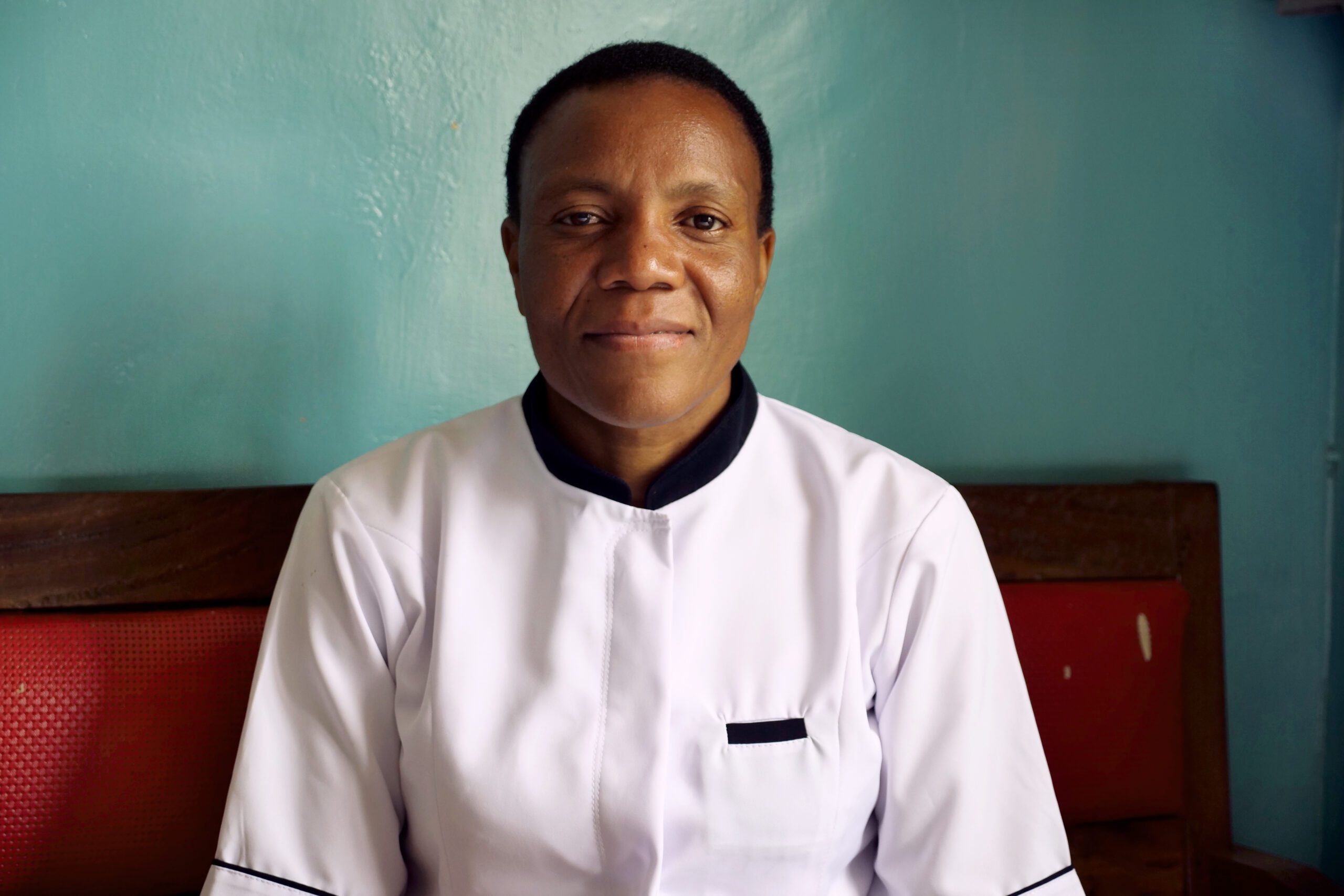
In addition to learning how to provide sensitive care to expectant mothers, Nurse Otoli also learned hard medical skills. These include: monitoring expectant mothers with antenatal issues, managing pre-term deliveries, properly measuring dilation during labor, assessing for problems like deep vein thrombosis, and performing physical examinations to evaluate mothers’ and babies’ condition after delivery.
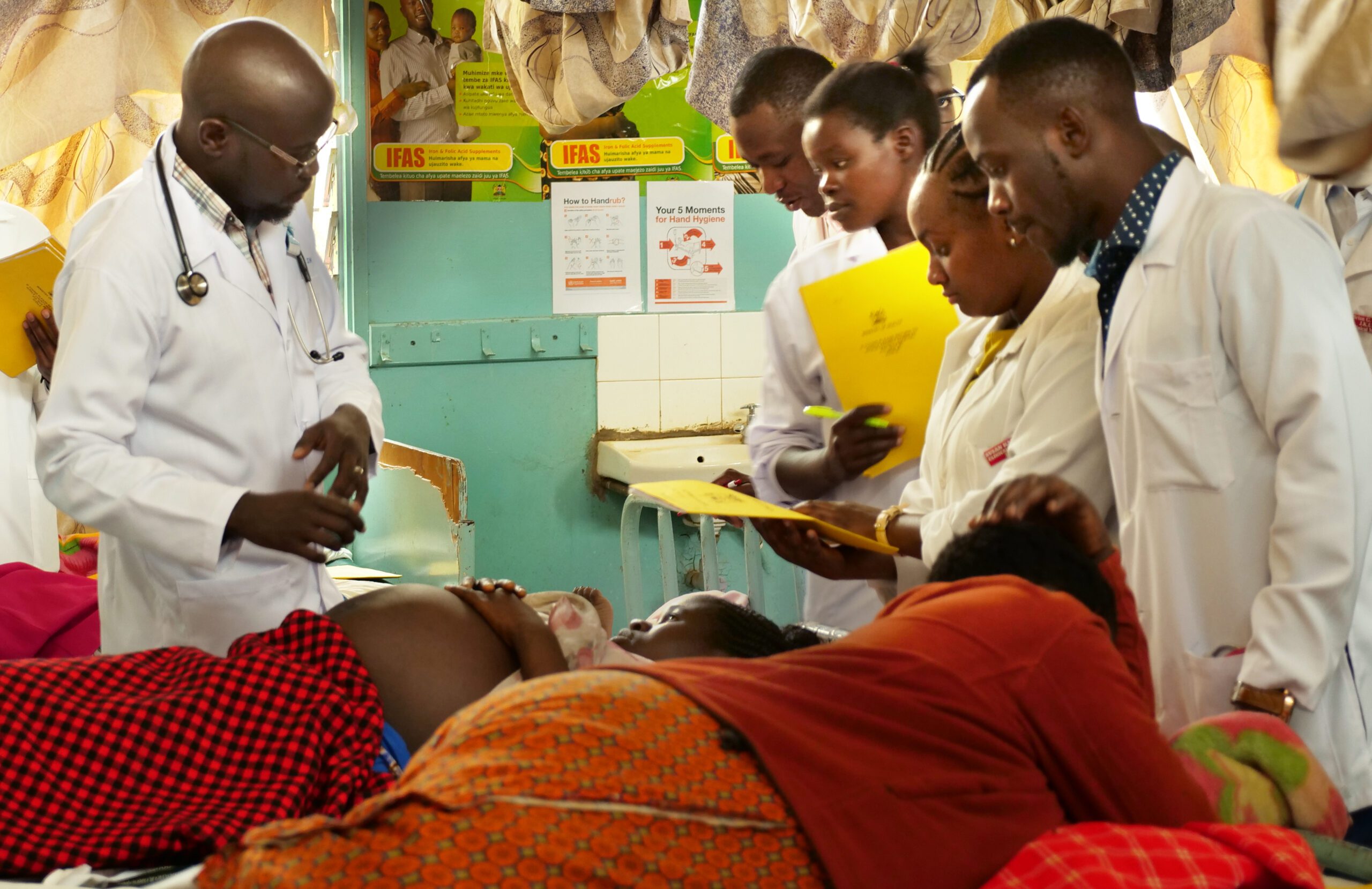
“I’m better prepared now. I have the skills to detect deviations from what is normal,” Nurse Otoli said. “When I find an issue that may have been previously missed, I can manage it or refer it appropriately.”
Providing a lifeline
During Hildah’s time in the hospital, Nurse Otoli not only kept mother and baby safe. She also taught Hildah how to care for her newborn once home. Nurse Otoli helped Hildah with breastfeeding, and she showed her how to swaddle the baby for better, safer sleep. She instructed Hildah to come back to the hospital in two weeks and again in six weeks. These visits would be for check-ups and pediatric immunizations, to ensure that both mother and child continue to do well.
“I feel that the advice the nurse gave me will help me take care of the baby,” said Hildah. A soft-spoken young woman facing single motherhood with little parental support, she now lives with her older sister in a simple two-room home. Her sister provides moral support but has no experience raising children. So, the compassionate, thorough care and confident advice that Hildah received from Nurse Otoli and other hospital staff is a lifeline.
Transforming healthcare for the community
The SETH (System Enhancement for Transformative Health) project aims to strengthen the health system and improve maternal and child health outcomes in Kenya. Currently active in five Kenyan counties, the project has trained more than 800 health workers to provide quality maternity care. This has led to an increase in the number of women who seek services. According to data from a national scorecard, the number of pregnant women in Hildah’s region who received at least four antenatal care visits rose from 37 to 43% between 2016 and 2018. The number of women who had skilled deliveries went from 54 to 59%. And the number of women who received post-natal care increased from 5 to 33% in that same time period.
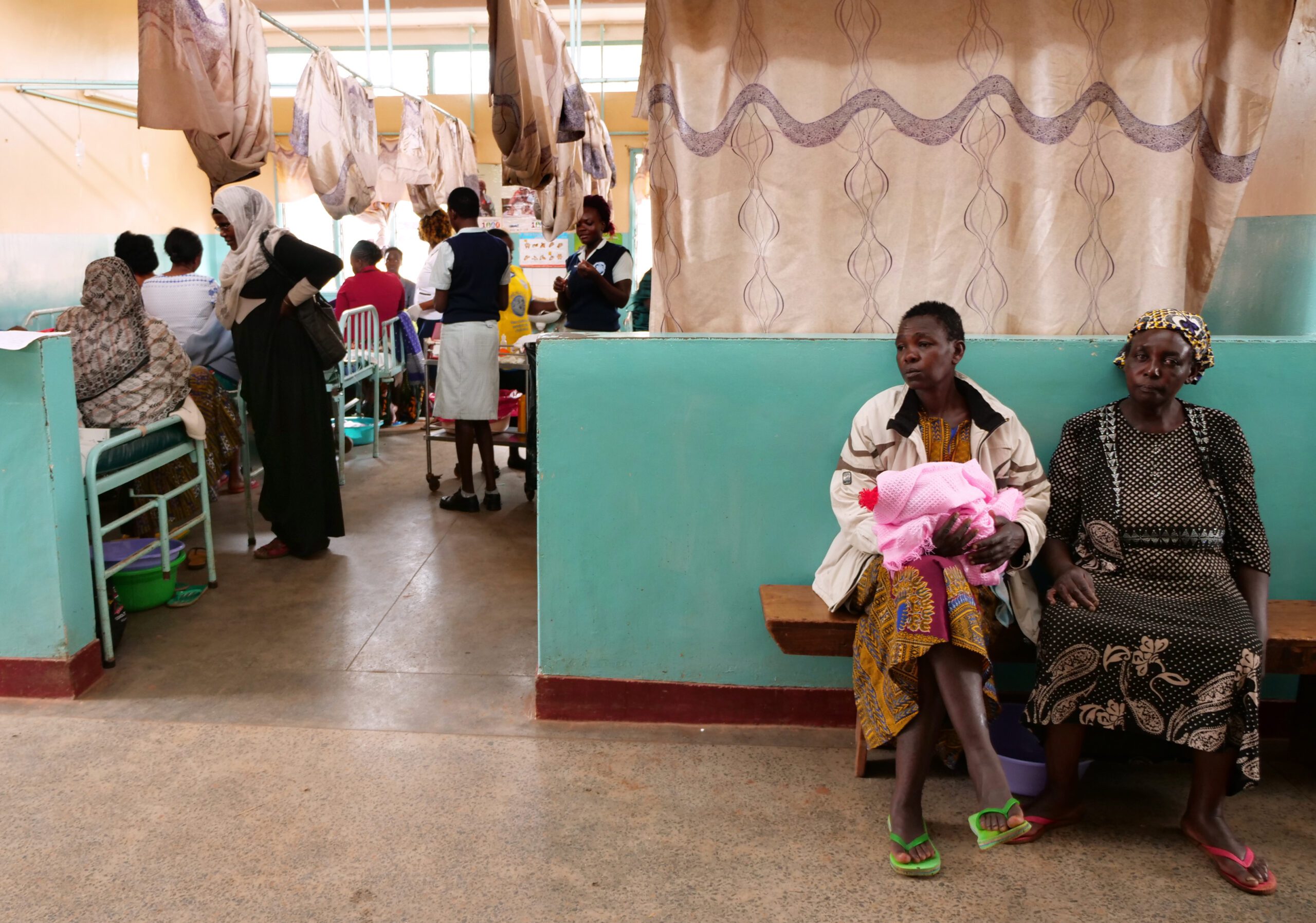
At Kitale County Referral Hospital, the staff might attend to 30 women with standard deliveries and ten women with C-sections on a daily basis. It’s a lot of work for a small hospital. But Nurse Otoli said, “We’ve really managed them well through the support of the SETH project.”
The benefits of the project ripple out to the entire community. Said Nurse Otoli, “I feel empowered. I am better placed to give services, so that at the end, we have a healthy mother and a healthy baby. And if we do that, we also have a healthy nation.”
Systems Enhancement for Transformative Health
The Systems Enhancement for Transformative Health (SETH) project is implemented by Action Against Hunger and Helen Keller Intl with the financial support of Global Affairs Canada. This project focuses on maternal, newborn and child health and nutrition.
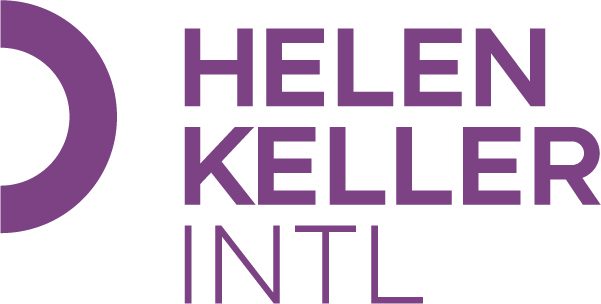
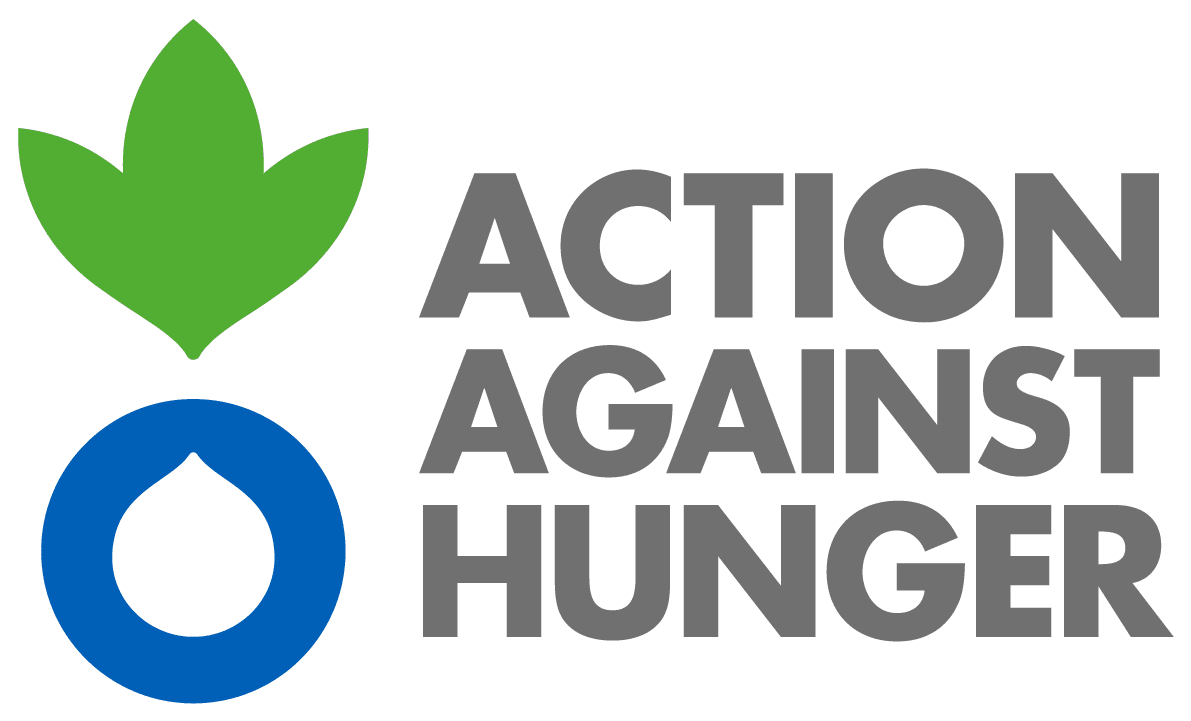
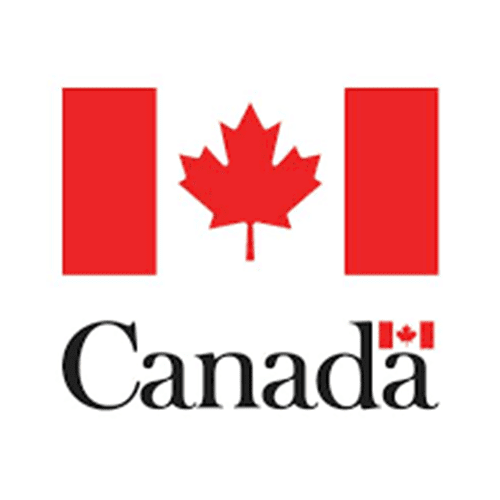
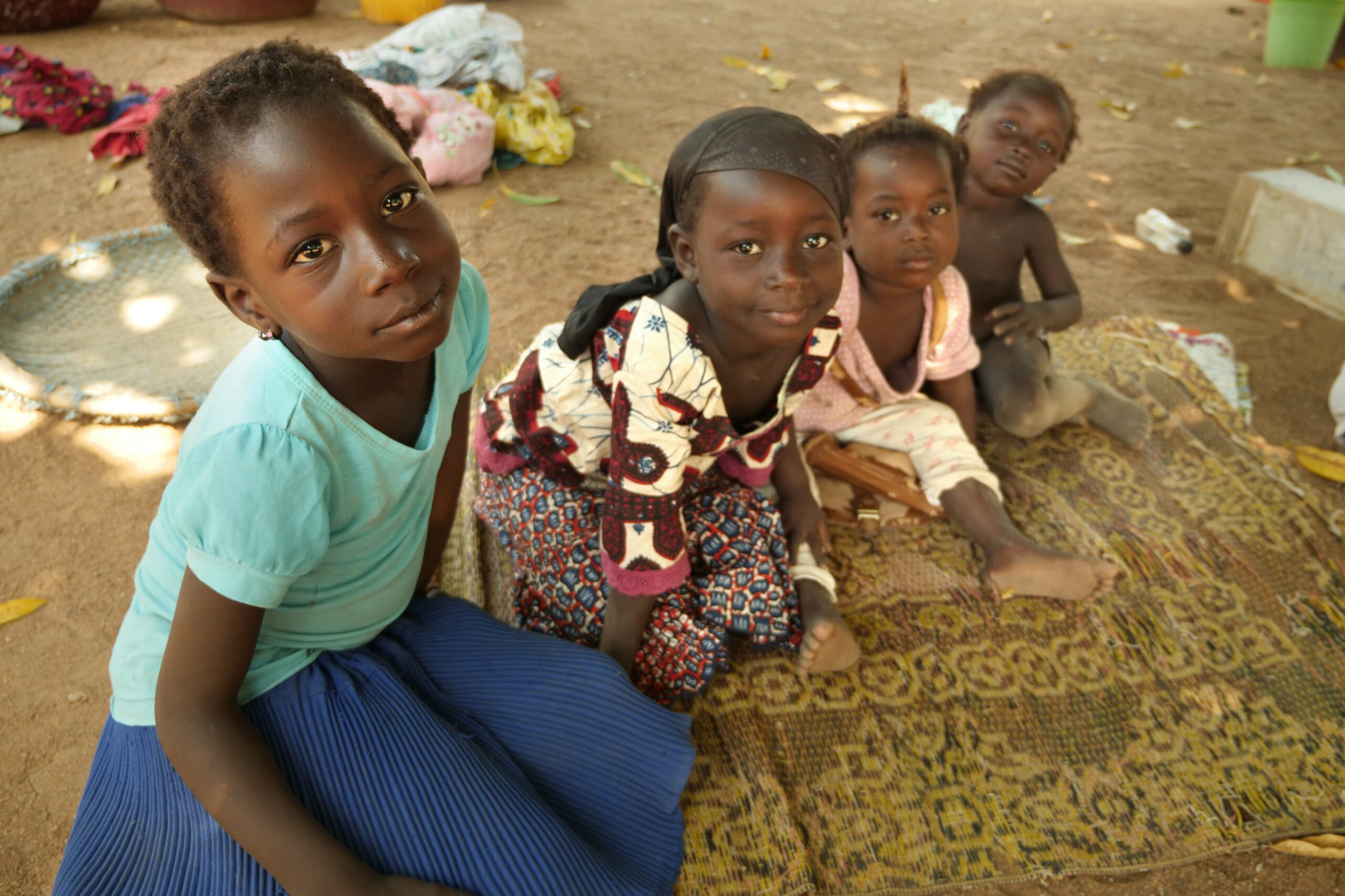
Donate now to provide vulnerable families around the world with the essential resources and information they need to protect themselves in the face of crisis – and beyond.
